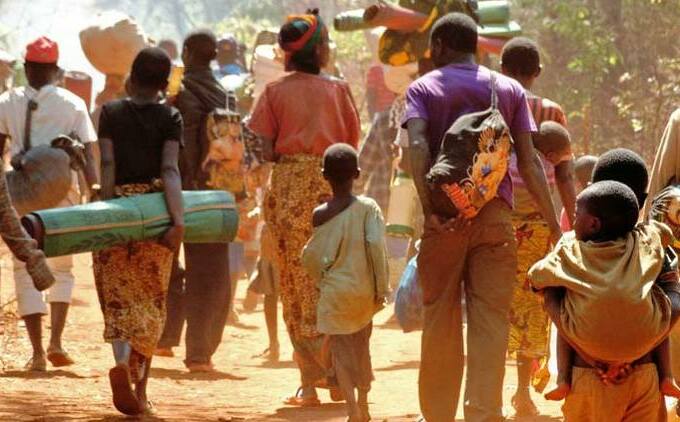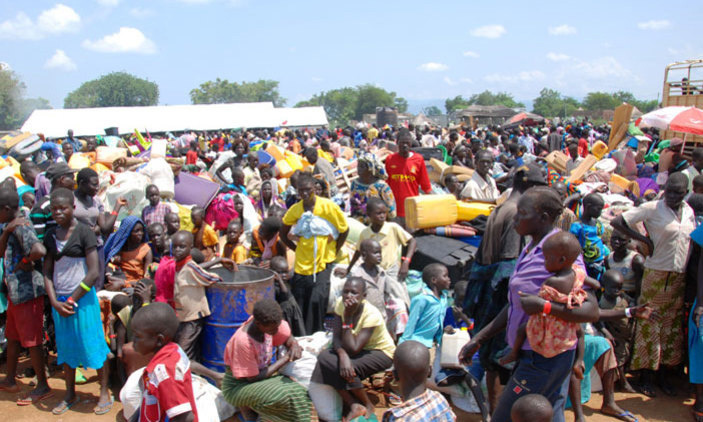Report finds cracks in Uganda's refugee policy
According to the report, local integration and access to citizenship have been virtually abandoned, leaving voluntary repatriation as the only solution on the table.
A new study by International Refugee Rights Initiative (IRRI) has cited cracks into Uganda's refugee policy, citing what it calls hurdles and gaps between rhetoric and reality in the policy.
The policy paper titled: Uganda's refugee policies: the history, the politics, the way forward puts the "Ugandan model" in its historical and political context, shines a spotlight on its implementation gaps, and proposes recommendations for the way forward.
Lucy Hovil, a senior researcher at International Refugee Rights Initiative (IRRI) and author of the paper noted that the intention of the paper is not to belittle the progress made by Uganda, but to ensure that there is a robust critique to enable it to become much better.
 File photo
File photo
"There is a danger that the promotion of progressive refugee policies becomes more rhetoric than reality, creating a smoke-screen that squeezes out meaningful discussion about robust alternatives.
Policy-making has come at the expense of real qualitative change on the ground," noted Hovil.
Hovil noted that refugees in urban areas continue to be largely excluded from any support due to an ongoing focus on refugee settlements, including through aid provision.
The Ugandan refugee crisis unfolded at the same time as the UN adopted the New York Declaration for refugees and Migrants, and states committed to implement a comprehensive refugee response framework (CRRF).
Uganda immediately seized this opportunity and adopted its own strategy to implement these principles.
According to the report, local integration and access to citizenship have been virtually abandoned, leaving voluntary repatriation as the only solution on the table.
Given the protracted crises in South Sudan and Democratic Republic of Congo, this remains unrealistic.
The report further states that many Ugandans and refugees have neither the economic resources nor sufficient political leverage to influence the policies that are meant to benefit them.
While issuing the report, Thijs Van Laer, a programme director at IRRI recommended that international donors need to deliver on their promise of significant financial support.

File photo
"Repatriation cannot remain the only serious option on the table. There has to be renewed discussion on local integration with Uganda communities and a dramatic increase in resettlement to wealthier states across the globe," he noted.
Laer further noted that if tensions within and between local communities hosting refugees are to be avoided, local communities must be consulted and their voices incorporated in a more meaningful and systematic way.
The report also recommended that in order to genuinely enhance refugee self-reliance, the myth of the "local settlement" needs to be debunked and recognized for what it is: the ongoing isolation of refugees and the utilisation of humanitarian assistance to keep them isolated and dependent on aid.
Speaking to New Vision, the acting permanent secretary in the Office of the Prime Minister, Joel Wanjala also confirmed that the report has points because in the first law they never considered some of the issues the report raised.
"Partly of now they have a point, we have been having the refugee act and we did not capture most of the issues but we have come up with a policy which we are going to table before Parliament and it is going to address all those problems," noted Wanjala.
Also related to this story